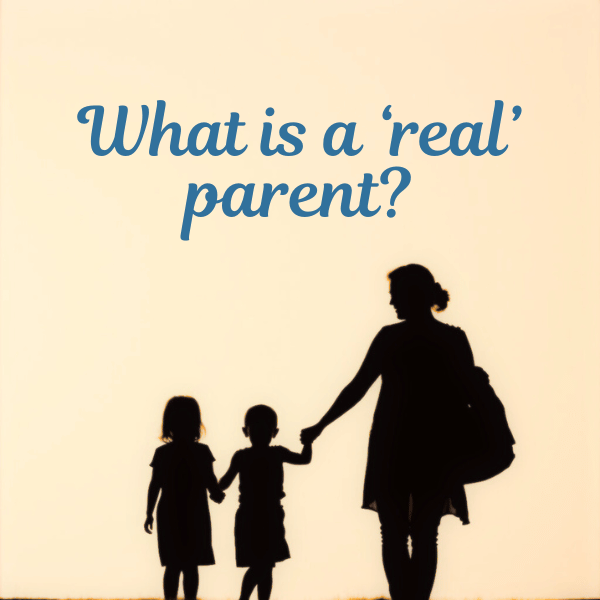Telling older children
Over the last couple of decades, we have had lots of parents get in touch with us who have older children (mostly aged 20yrs+) who hadn’t been told they were donor conceived. Those parents wanted to understand how they might share the information about their child’s origins and often it had taken them several years to build the courage to call or email us.
The timing of when they contact us can be interesting. Sometimes, the prompt is a comment in the family about doing a DNA test which can spark a sense of panic and impetus to ‘tell’. Even if the DNA test doesn’t directly confirm that a donor was used, the lack of an expected ethnic background or lack of matches with known family members will almost certainly provoke questions that will need to be answered.
Occasionally, a family health issue has cropped up that raises concerns from the children about whether they might inherit the same condition. Sometimes, it’s simply that the pressure of the secret they’ve been holding has become more and more of a burden for the parents and for various reasons the time was suddenly right to reach out to us for help. It just couldn’t be put off any longer. And in recent years, the number of parents contacting us has grown considerably.
Historically, the parents who contacted us were usually heterosexual couples who had used sperm donation. However, as time has moved on, we are also being contacted by couples who have used egg donation, alongside some single women who used double donation and didn’t share the egg donation element of their story.
Very often, those parents were told by professionals either explicitly not to tell or more broadly that they didn’t need to tell, it was up to them to decide whether to or not. For some people, the message that they didn’t need to tell was a huge relief. Their personal situation could remain totally private and they wouldn’t need to put themselves in the awkward position of explaining about fertility issues, treatment and the ultimate decision to use a donor. It also meant they could focus on settling into life as parents and nurturing and strengthening the family bonds without worrying about potentially disrupting things.
I’ve written before about how even for people who are signed up to being open, there can still be real issues with them actually doing it. Telling your child: do you ever feel ready?
For parents, revisiting their often stressful and emotional journey, and having to share personal and sometimes uncomfortable information, can all feel too painful. Best to forget about it and move on with enjoying family life with their much-wanted children. But secrecy can sometimes go together with shame, and the decision not to tell can be a strategy to not have to address deeper, more uncomfortable feelings about infertility or donor conception. Those feelings don’t just disappear and having to address them many years later, after such a long period of suppressing them, can be very difficult and take a lot of courage.
When people phone us, it can understandably be an emotional conversation, and it is a real privilege to speak to them at such a vulnerable time. It’s often the first time they have spoken openly about their history. The DCN team are experienced in having those kinds of conversations and it is a very special part of our job description.
Luckily, we have things to offer, besides just a listening ear. We have several helpful resources alongside the reassurance, from our long experience, that it can be done well no matter how old the children. We have a couple of booklets aimed specifically at parents of older children and we offer a bespoke support session for parents who would like an opportunity to talk things through and really plan for why, when and how they might broach things with their children.
The people who offer this bespoke service are long standing DCN members with a wealth of experience and insight, and they note that although some features of these families are familiar and shared there is also so much that is individual. Each family presents its own unique story and history, which is partly why we offer a very personalised service.
And the most important take home message? With good preparation it can be done really well. There is huge value in hearing the message directly from parents. And for most parents (and indeed children) the relief of things no longer being secret is truly worth the effort.
Nina Barnsley
1st September 2025





